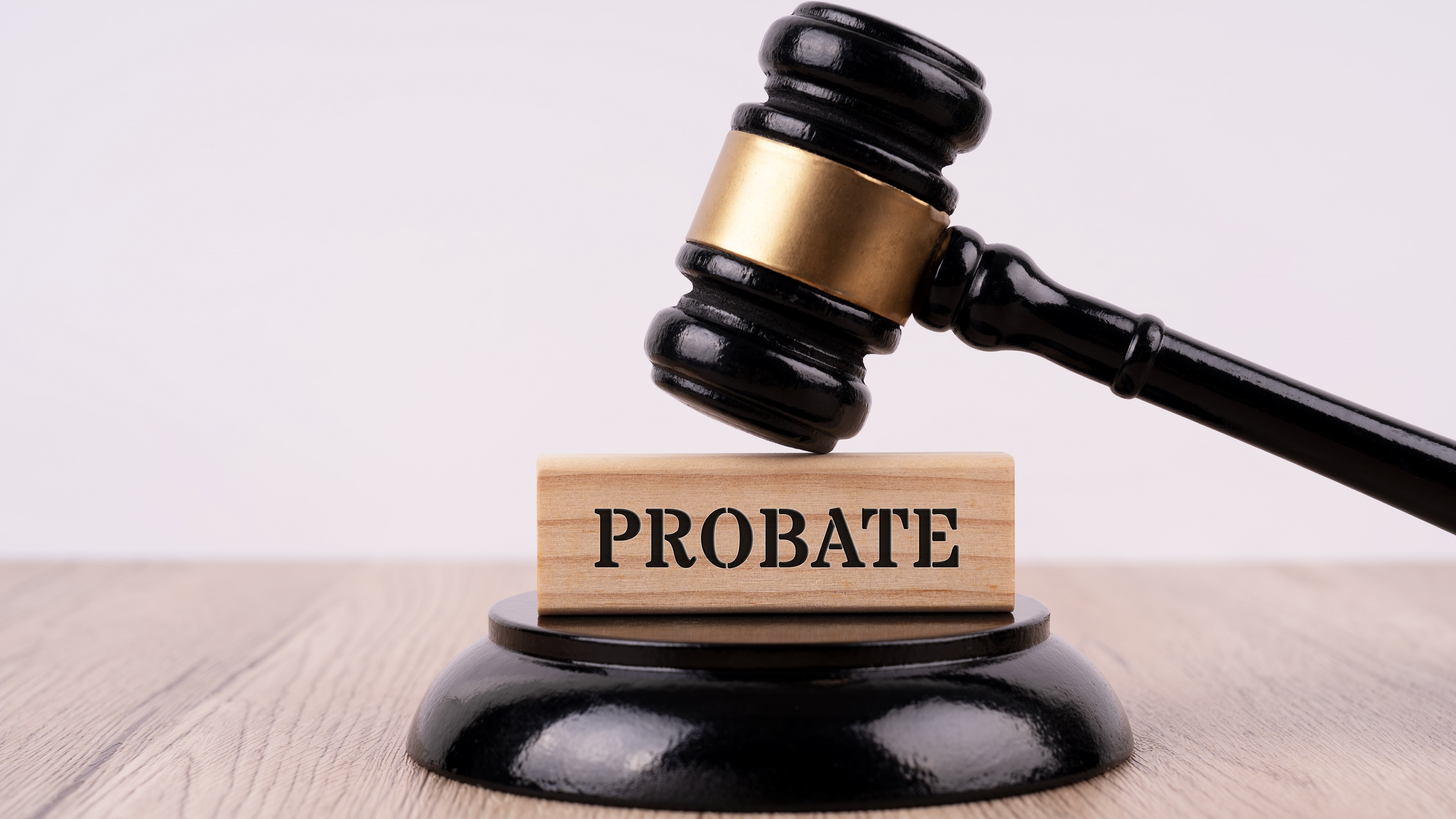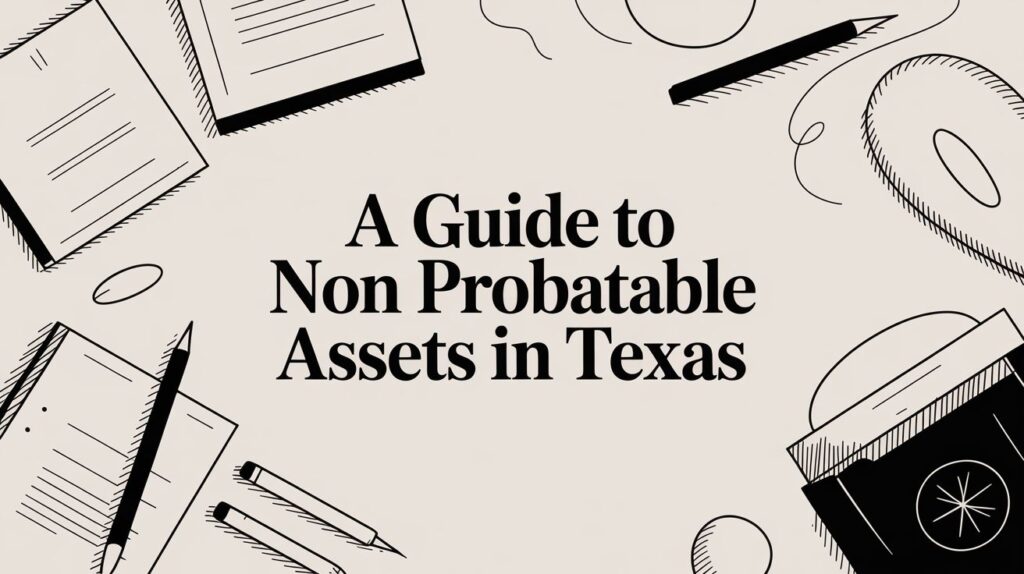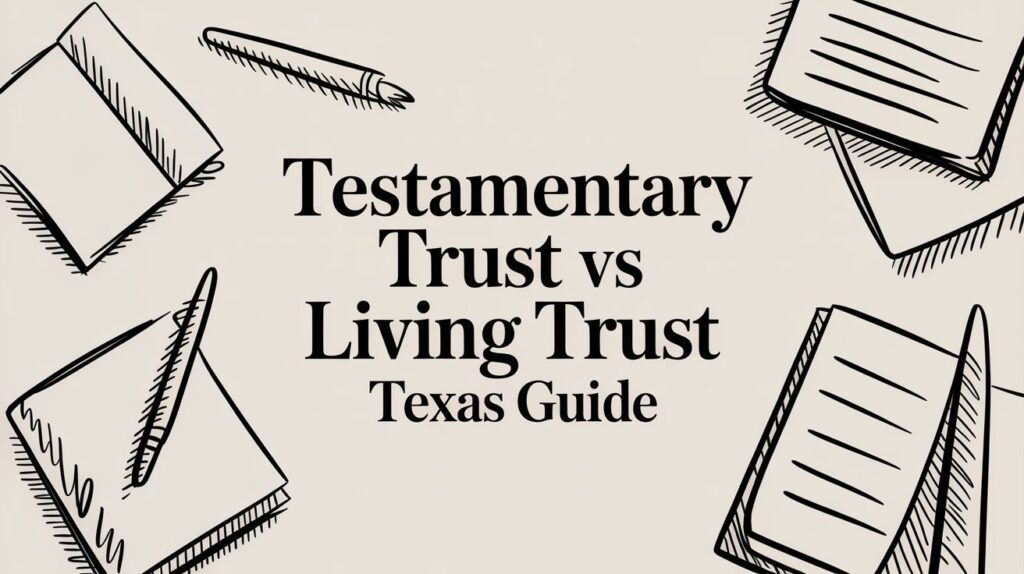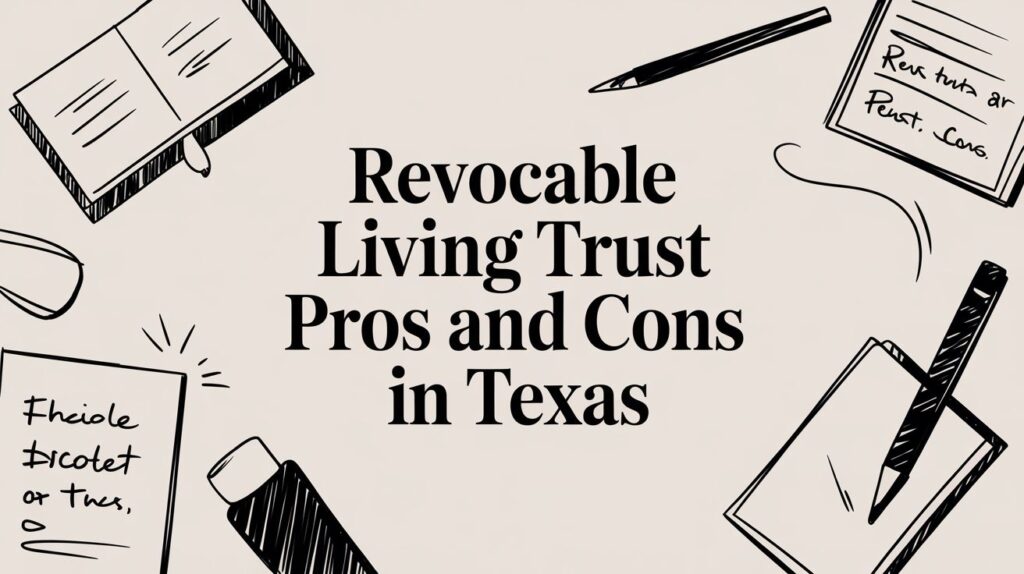If you’re handling the estate of a loved one and asking, when does probate start in Texas?, you’re not alone. It’s one of the first questions that arises after someone passes away—usually followed by a wave of confusion about deadlines, legal paperwork, and whether probate is even necessary. The truth is, probate doesn’t begin automatically. It requires action, and knowing when to take that first step can make all the difference between a smooth process and one riddled with delays, disputes, or even legal penalties. Getting a clear grasp of that starting point early on can spare your family unnecessary stress and protect the deceased’s final wishes.
This comprehensive guide walks you through exactly when probate begins in Texas, what the law says about deadlines, and what happens if you wait too long. We’ll use real-life stories, explain the timelines in plain language, and take a closer look at the risks of postponing this important legal process. Whether you’re an executor, heir, or surviving spouse, understanding the timing of probate is critical—and we’re here to help you get it right. Taking timely action doesn’t just serve the law—it shows respect for the person whose estate you’re managing.

What Is Probate and Why Does Timing Matter?
Probate is the court-supervised process for settling a deceased person’s estate. It involves validating the will (if there is one), identifying assets, notifying creditors, paying debts, and distributing what’s left to the rightful heirs. While the term might sound formal and intimidating, probate is simply a legal way to ensure a person’s affairs are handled responsibly after death. It provides structure to what can otherwise become a chaotic and emotionally fraught process for surviving family members.
But here’s the catch: probate doesn’t start automatically in Texas. Someone must take the initiative—typically by filing an application in probate court. And the timing of that filing can have serious consequences. The longer the delay, the more complex the estate administration can become, especially if assets begin to depreciate or disputes arise among heirs.
Real-Life Story: Sarah’s Delayed Probate Headache
Sarah lost her mother unexpectedly and assumed that the will would “handle everything.” Months passed before she realized no one had officially filed anything with the court. When she finally spoke with a probate attorney, she learned that her mother’s will had to be filed within four years of her death—or risk being treated as if there was no will at all.
Because of her delay, Sarah had to go throughintestate probate, meaning Texas law—not her mother’s wishes—decided who inherited the estate. Her mother’s assets were divided in a way her mom never intended, creating tension between family members and sparking a costly court dispute.
Sarah’s experience underscores the importance of knowing when probate starts in Texas—and acting quickly when the time comes.
When Does Probate Start in Texas?
In Texas, probate starts when an application is filed with the probate court in the county where the deceased person resided at the time of death. This application is usually titled:
- Application for Probate of Will and Issuance of Letters Testamentary (when there is a will)
- Application for Letters of Administration (when there is no will)
Once the application is filed, the court sets a hearing date. After the hearing and court approval, the probate process officially begins.
So, in short: probate starts when someone files, not automatically at death.
The Four-Year Rule in Texas
A crucial rule in Texas probate law is the four-year deadline. Under Texas Estates Code §256.003, a will must be filed for probate within four years of the person’s death. If no one files within that time, the will can no longer be probated as a muniment of title or to appoint an independent executor.
After the four-year mark, probate can still proceed—but it’s treated as if the person died intestate (without a will). This means Texas intestacy laws decide how the estate is distributed, which can be dramatically different from the decedent’s actual wishes.
Exceptions to the Four-Year Deadline
Although the four-year rule is strict, there are some exceptions:
- If the applicant was not in default, meaning they didn’t intentionally delay the filing, the court may allow probate.
- Lost wills or destroyed wills may still be admitted if there’s enough proof.
- In some cases, a will can be used as evidence to transfer title without full probate.

Still, courts interpret “not in default” narrowly. That’s why it’s always safer to file as soon as possible and not assume an exception applies.
Real-Life Story: Michael Saves the Deadline in Time
Michael was the named executor in his uncle’s will. After the funeral and handling immediate family matters, he forgot about probate until he found an envelope marked “Last Will” in a box of documents—three years and nine months later.
Panicked, he contacted an attorney and filed the will within days. The court accepted it, but just barely. Had he waited a few more months, his uncle’s estate might have been distributed entirely differently.
Michael’s story shows that even if probate hasn’t started yet, it’s never too early to ask, when does probate start in Texas, and start preparing.
How Long Does It Take to Start Probate?
If you’re wondering how fast you need to move, here’s a general timeline:
- Week 1–2 after death: Locate the will, order death certificates, contact family.
- Week 3–6: Meet with an attorney, review the estate, and prepare court filings.
- Week 6–12: File the application for probate and receive a hearing date.
Most Texas probate courts set hearings about 2–4 weeks after the application is filed, depending on their schedule and backlog. So, from death to the actual start of probate, the process typically takes 6–12 weeks if handled promptly.
Why Some People Delay Probate—and Why That’s Risky
Some families delay probate for emotional reasons. The idea of diving into court paperwork after a loss can feel overwhelming. Others delay because they assume probate isn’t needed or misunderstand the process. Common misconceptions include:
- “There’s a will, so everything’s already handled.”
- “We don’t have many assets—probate isn’t necessary.”
- “Everything is in joint accounts or trusts.”
While those reasons are understandable, waiting too long can lead to serious problems:
- Missed deadlines and legal hurdles
- Frozen bank accounts or stalled property sales
- Increased chances of family disputes
- Accrued interest on unpaid debts or taxes
- Greater legal costs for delayed administration

The safest route is to meet with a probate attorney as soon as possible to evaluate whether probate is required and how quickly it needs to start.
Does Probate Always Have to Start?
Not every estate in Texas requires formal probate. Alternatives include:
- Muniment of Title: If there’s a will and no unpaid debts, this streamlined option avoids full administration.
- Small Estate Affidavit: For estates valued under $75,000 (excluding homestead), this option can bypass probate.
- Affidavit of Heirship: Used when there’s no will and the estate consists mostly of real property.
Still, even these alternatives have deadlines and formalities. So while full probate may not be necessary, some type of legal filing usually is.
Real-Life Story: Anna Avoids a Court Battle
Anna’s grandmother left a will, but her estate only included a small savings account and a car. After researching options, Anna filed a Small Estate Affidavit instead of opening full probate. It saved her months of court proceedings and costly legal fees.
Because Anna knew when probate starts in Texas and acted quickly, she avoided bigger headaches—and kept the peace with her family.
What Happens If You Wait Too Long?
If you wait more than four years to file a will, several things can happen:
- The will is no longer valid for probate as a will
- The estate is distributed under intestacy laws
- The named executor loses legal authority
- Property transfers become more complex
- Heirs might need to file affidavits, quiet title actions, or lawsuits
And if no one takes action, unclaimed property could eventually escheat to the state, meaning the state takes possession of assets.
Bottom line? Delay can cost you money, time, and control over the estate.
How to Start Probate the Right Way
Here’s a simple checklist to get things moving:
- Find the original will
- Order at least 10 certified death certificates
- Contact a probate attorney
- Gather a list of assets and debts
- File an application in the county probate court
- Attend the hearing and receive Letters Testamentary or Letters of Administration
- Notify beneficiaries and creditors

Each of these steps helps ensure you’re complying with Texas law and protecting your family’s interests.
Final Thoughts: When Does Probate Start in Texas?
So, when does probate start in Texas? It begins when someone—usually the named executor or an interested party—files an application in probate court. That step starts the legal process, triggers important deadlines, and opens the door to settling the estate the right way.
Waiting too long can jeopardize the decedent’s wishes, create extra stress for heirs, and cost more than acting promptly. Whether you’re navigating a straightforward estate or a complicated situation, timing is everything.
Understanding the Texas probate timeline means you’re already ahead. Take action early, ask questions, and seek legal advice if needed. The process may be legal in nature, but at its heart, it’s about preserving legacies—and doing right by those who trusted you with theirs.








